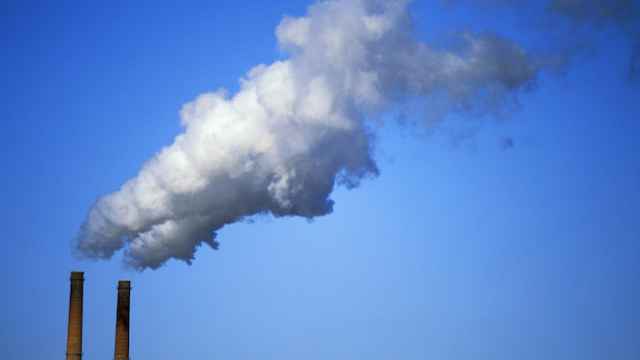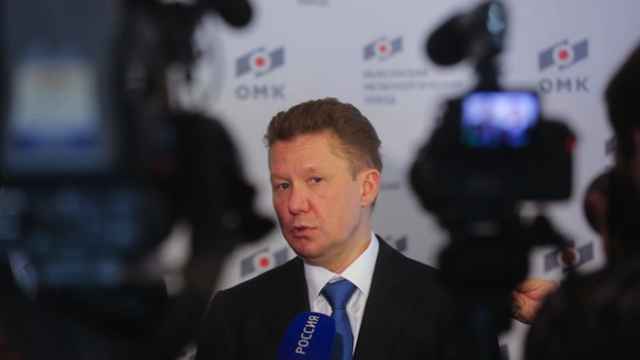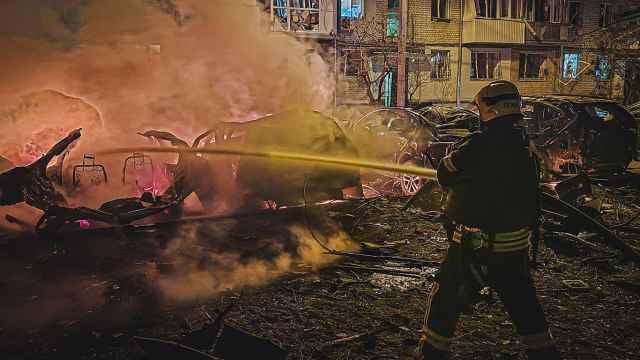Russia and Argentina signed documents deepening energy cooperation on Thursday, underlining Moscow's drive to develop ties with South America since coming under Western sanctions over the Ukraine crisis.
At a ceremony in the Kremlin, Russian President Vladimir Putin and Argentine President Cristina Fernandez hailed the agreements as opening a new stage in relations as well as boosting cooperation on gas and nuclear energy in Argentina.
Russian state-owned gas producer Gazprom signed a memorandum on cooperation with Argentinian state oil company YPF, while Russia's Rosatom signed a similar deal for construction of a nuclear power plant in Argentina.
"Russia and Argentina are developing their cooperation in the energy sphere," Putin told row upon row of government officials.
"We have set new goals and long-term objectives. And as you have seen, a serious package of documents has been signed," he said, describing relations with Argentina as a "comprehensive and strategic partnership."
Putin said Gazprom was considering the possibility of jointly developing hydrocarbon deposits in Argentina and heavy machinery producer Uralmash planned to form a joint venture with Argentine partners to produce oil equipment in Argentina.
He also expressed support for Argentina's efforts with Britain to find a "speedy and peaceful settlement to the dispute over the Malvinas islands," known as the Falklands by Britain.
London, which fought a war with Argentina over the islands in 1982, has been vocal in its criticism of Russia's annexation of Crimea in March last year and has supported the West's economic sanctions on Moscow.
Putin toured South America last year after the sanctions hit, visiting Brazil, Cuba and Argentina to press Moscow's campaign to forge new partnerships.
Argentina is also keen to reverse a costly energy deficit that will take as much as $200 billion investment to erase, YPF has said. Key to the effort will be the development of the barely tapped Vaca Muerta shale oil and gas field in Patagonia.
The two leaders said they would consider using their national currencies rather than U.S. dollars in bilateral trade.
A Message from The Moscow Times:
Dear readers,
We are facing unprecedented challenges. Russia's Prosecutor General's Office has designated The Moscow Times as an "undesirable" organization, criminalizing our work and putting our staff at risk of prosecution. This follows our earlier unjust labeling as a "foreign agent."
These actions are direct attempts to silence independent journalism in Russia. The authorities claim our work "discredits the decisions of the Russian leadership." We see things differently: we strive to provide accurate, unbiased reporting on Russia.
We, the journalists of The Moscow Times, refuse to be silenced. But to continue our work, we need your help.
Your support, no matter how small, makes a world of difference. If you can, please support us monthly starting from just $2. It's quick to set up, and every contribution makes a significant impact.
By supporting The Moscow Times, you're defending open, independent journalism in the face of repression. Thank you for standing with us.
Remind me later.





